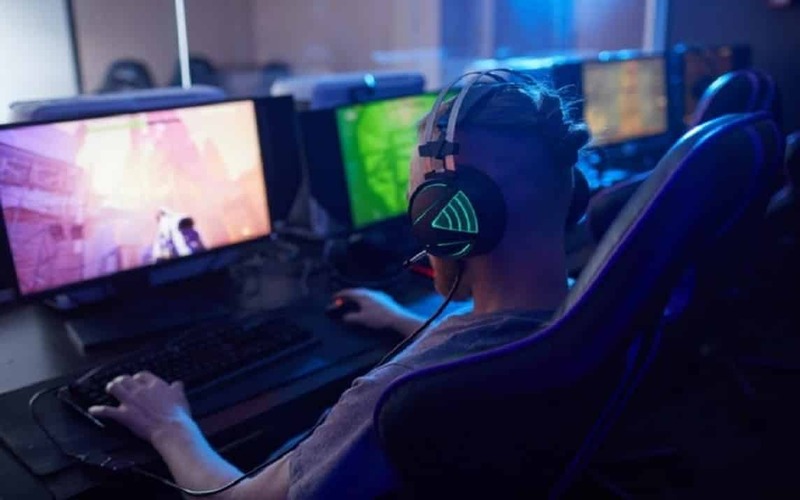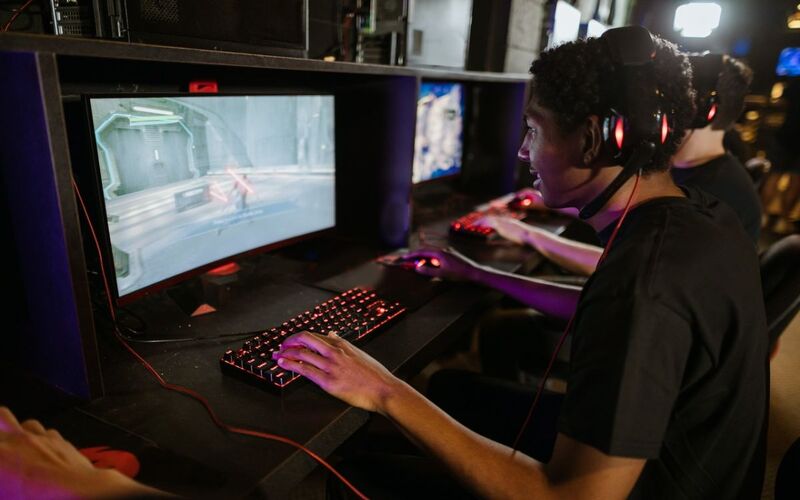
Overcoming the Challenges of Translating Games into Indonesian
Translating games into Indonesian presents a unique set of challenges that go beyond just language conversion. This process involves understanding the cultural nuances, context, and preferences of the local audience. This article will review the various challenges faced in translating games into Indonesian and outline effective strategies for overcoming them.
Language Complexity and Cultural Nuances
Indonesian has a grammatical structure and cultural references that differ significantly from source languages such as English. The challenge in game translation lies in conveying the original message accurately while maintaining its cultural relevance. Translators must understand the context and original intent of the text and convey it in Indonesian in a way that appeals to local players.
Improve Game Localization
Machine translation is well suited for translating real-time communications, as it can process word content quickly. This is especially important in games, where speed matters and machine learning algorithms provide more consistent and accurate readings. In addition to accurate translations, special attention must also be paid to localizing graphics, speech, and sounds so that players can fully immerse themselves, wherever they are. Additionally, machine translation can be used to translate text into images, subtitles, and voiceovers.
Read More: How Indonesian Game Translation Boosts Battle Royale Game Success in SEA
It is inevitable that machine translations sometimes miss the mark when it comes to cultural nuances. The solution is to work with a reliable service provider who understands the Asia-Pacific market and the linguistic differences between each country. These errors can then be further minimized through AI and machine learning models, which are continually improving.
Provide a better community experience. In addition to translating in-game content, machine translation can also be used for other aspects of a company's operations, such as live chat with support agents and chat rooms for players. By reducing language barriers, gaming companies are empowered to create more inclusive communities for their players. Lastly, machine translation can also be used to convert speech-to-text, text-to-speech, and even speech-to-speech. This helps to not only facilitate players' in-game commands but also improve cross-border player-to-player communication.
Challenges of Dialogue and Narrative
Games often feature dialogue and narrative filled with humor, wordplay, and cultural references that are difficult to translate. Translators must be creative to find the right equivalent in Indonesian that maintains the essence of the original text. This adaptation ensures that the dialogue feels natural and interesting for Indonesian players.
Terminology Consistency
Maintaining terminology consistency is critical in game translation to ensure a smooth gaming experience. Using different terms for the same concept can confuse players. Translators must create and adhere to an agreed-upon glossary of terms, ensuring uniformity across games.
Content Culture Adaptation
Each country has its own unique cultural norms and practices. For Indonesian games, some elements may need to be adapted to better suit the local culture. Western cultural references may be replaced with ones more familiar to Indonesian players. These cultural adaptations can increase players' engagement and connectedness to the game.
Localization Testing
After translation, localization testing is essential to ensure the translated text is well integrated into the game. This process involves checking that the text fits the interface, verifying the accuracy of the translation, and ensuring that no context is lost. Native Indonesian speakers should perform this test to provide accurate feedback.
Utilizing Translation Technology
Modern tools such as machine translation and computer-assisted translation (CAT) can improve efficiency and consistency in translation. However, this technology should not replace human translators, who better understand cultural context and nuances. This tool should be used as an aid for human translators.
Technical Aspects of Game Translation
Translating games also involves technical considerations such as text length, layout, and device compatibility. Indonesian often has longer words than English, so translators must ensure the text fits the game interface without disrupting the user experience.
Effective Communication with the Development Team
Good communication between the translator and the development team is essential for quality results. Translators need access to game documentation, style guides, and other resources to understand the context and nuances of the game. Open discussions about the challenges faced and possible solutions are essential to achieving high-quality translations.
Case Study: Mobile Legends: Bang Bang
An example of successful game translation for the Indonesian market is Mobile Legends: Bang Bang. The game is well adapted with adapted dialogue, cultural references, and customized visual elements. This success highlights the importance of effective translation strategies and cultural adaptation for local market success.
Managing Dialect Variation
Indonesia has many dialects and language variations, adding complexity to game translation. While standard Indonesian is widely used, some players may prefer their regional dialect. Translators must consider the target audience and adapt the translation to accommodate regional language preferences.
Maintaining Character Authenticity
Game characters often have unique speaking styles and personalities. It is important to maintain this authenticity in translation. The translator must understand the characters deeply to ensure that their translated speaking style and personality reflect the original.
Increasing Player Engagement with Local Content
In addition to language adjustments, adding local content can increase player engagement. For example, exclusive events or characters that are only available in Indonesia can create a stronger connection between the player and the game. This local content attracts new players and retains existing ones.
Training for Game Translators
Specialized training for game translators can help overcome translation challenges. This training may include game terminology, understanding context, and specific translation techniques. Trained translators produce more accurate and culturally appropriate translations.
Using Player Feedback
Collecting player feedback provides valuable insight into how game translations are received. This feedback helps identify problems and improve translations. Involving local gaming communities in this process can uncover problems and develop effective solutions.
Understanding the Local Audience’s Preferences

It is important for translators to understand the local audience’s preferences. For example, some elements of humor or references may not suit the tastes of Indonesian players. These adjustments may involve replacing less relevant references with more familiar ones or changing gameplay elements to better suit local playing habits.
Translating games into Indonesian is a complex process that involves various challenges. However, with the right strategy, these challenges can be overcome to produce high-quality translations. Using professional translators, adapting content to local culture, conducting localization testing, and interacting with local communities are key steps for successful translation. Accurate and relevant translations ensure that games are well received and enjoyed by Indonesian players, opening up greater success in this fast-growing market.
If you are looking for game localization services, Digital-Trans Asia is the most appropriate choice. Here, we will provide services according to your needs, especially for game localization. We will help you expand the game market that you are developing globally and internationally. Please consult with us to learn more.